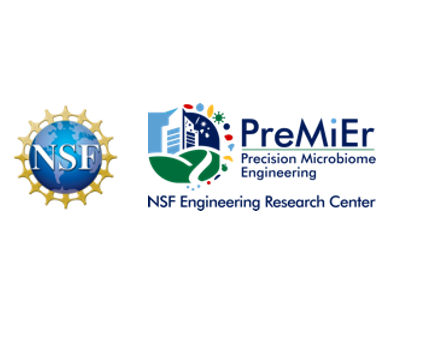Environmental Sciences and Engineering
Environmental Sciences and Engineering News
Our Work
Health equity in the transition to clean energy, safe drinking water for vulnerable children, protection from infection where we work and play, economically feasible actions with co-benefits for public health and climate sustainability — this work to create a healthy, sustainable and equitable future is uniquely possible at Gillings, where engineering, science and public health are found together, and where health equity has always been a central part of our mission.
Numbers
100+
Years of Service
2000+
Practicing Alumni
1st
Department of Environmental Sciences and Engineering in the nation in a school of public health
10
Programs of study offered
Our Programs
Bachelor of Science in Public Health (BSPH)
Master of Public Health (MPH)
Master of Science (MS)
Master of Science in Environmental Engineering (MSEE)
Dual Master's
Doctor of Philosophy (PhD)
Awards and Funding
Students fund their education through a combination of sources including loans, fellowships and awards, assistantships and grants. Several awards and scholarships are supported by generous contributions from donors to the School and University who value the current and future contributions of our students.
Contact: Sarah Kitchens, Funding and Awards Coordinator, sarah_kitchens@unc.edu
Career Opportunities
Our Graduates Work As...

Research Associates

Toxicologists

Chemists

Clinical Program Specialists

Economic Development Programmers

Environmental Analysts

Environment Coordinators

Environmental Engineers

Environmental Engineer Researchers

Environmental Consultants
Our Graduates Work With...

Government agencies

Local and state health departments

Private research facilities

Environmental agencies

Consulting firms



